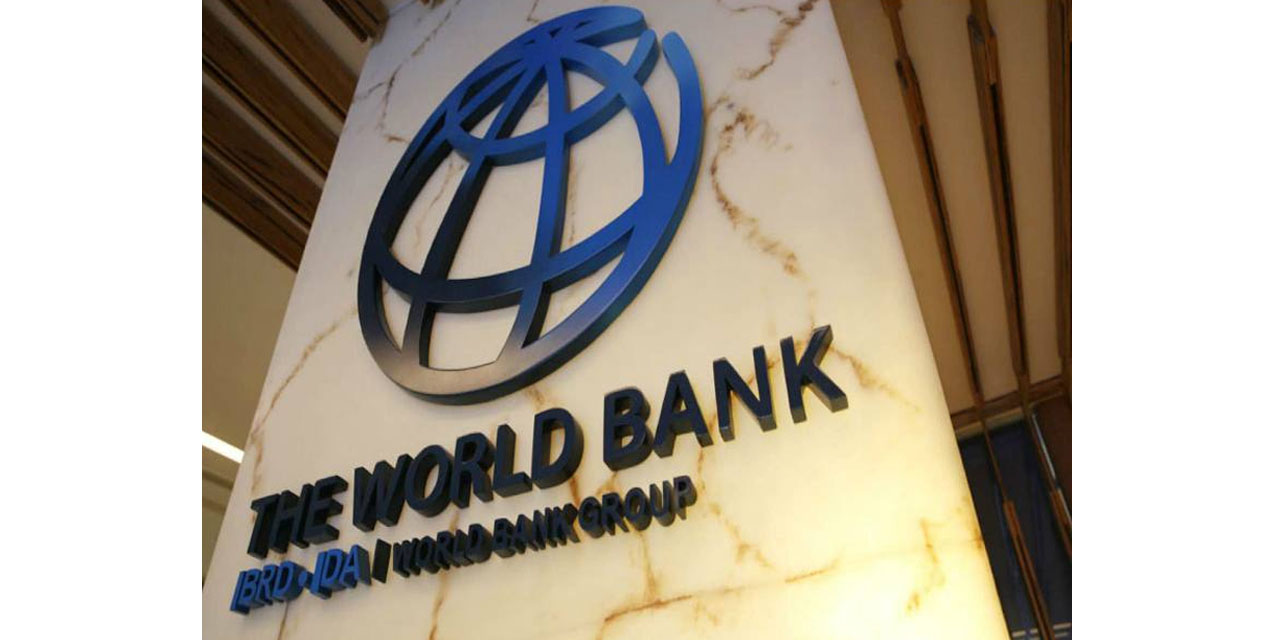Tujoromajo Kasuto
The World Bank Country Private Sector Diagnostic Report launched on Friday reveals that Namibia’s largely monopolistic market structure and dominant public sector create an uneven playing field for the private sector.
According to the report, public enterprise or SOE sector dominance in a small economy like Namibia creates anti-competitive effects, particularly when SOEs operate in monopolistic and privileged positions in key sectors of the economy, as they do even in sectors where private participation could be more efficient and transformative.
Given the small market size, the bank emphasizes that overall efficiency and productivity gains could be realized by carefully identifying sectors that can benefit from private participation and sectors where existing SOE performance can be improved.
‘’Overall, SOEs have key advantages over private firms. According to an assessment of 19 indicators of product market regulation, the restrictiveness of product markets is linked to several factors: state involvement in business operations through SOEs; controls on certain prices that may increase costs for final consumers; barriers to entry, trade, and investment; and ineffective enforcement of the anti-monopoly policy,’’ states the report.
Another impediment to competition the World Bank identified is the government’s decision to approve infant industry protection in the form of quantitative restrictions or high customs duties in certain sectors to protect the domestic market (poultry, cement, milk).
‘’This has made it difficult for foreign firms to enter certain sectors, and given Namibia’s small private sector, SOEs are likely to continue dominating the market. As a result, despite advances in the development of a legal framework for competition, the effectiveness of competition policy and regulation remains limited,’’ the report notes.
Furthermore, according to the Bank, SOEs enjoy several advantages that inhibit the entry and success of private participants.
‘’SOEs have preferential access to production sources such as finance and land, legislated monopolies in specific sectors, preferential treatment through shareholder policies and oversight practices, and multiple roles that create conflict between regulatory functions and operations. SOEs have a competitive advantage over private firms in terms of access to finance due to their access to subsidies, guarantees, and bailouts. The artificial support of uncompetitive public enterprises, for example, through public subsidies and guarantees, leads to inefficiencies and imposes a significant fiscal burden on the government, it states.
The report refers to the following examples of how SOEs are treated:
Namibia Wildlife Resorts has been servicing a loan from the Development Bank of Namibia since 2006, paying only the interest portion for more than 10 years.
In terms of preferential access to land, the private sector faces significant challenges.
Despite the presence of a private fuel station just beyond the boundary, the National Petroleum Corporation of Namibia (NAMCOR) was able to establish a public use fuel station within the boundaries of the Namibia Airports Company (NAC), the report laments.
Other examples cited are Namport’s expansion to the north of Walvis Bay and the Agricultural
Business Development Agency’s access to irrigation farms. Several SOEs with monopolies in specific industries, including transportation, water, power, and tourism. In the rail
transport, seaport, and airport operations subsectors, TransNamib, Namport, and the NAC are the sole service providers.
Nampower which has exclusive rights to develop and maintain the country’s power transmission network and is currently fully in charge of national power generation, is another notable example.
“This situation may change soon with the adoption of the Modified Single Buyer model, which will provide for direct offtake by bulk power consumers (private companies, municipalities, offices, ministries and agencies of government, and public enterprises) from independent power producers,’’ according to the report.
As said in the report, SOEs are unlikely to deliver these inputs and services efficiently in the absence of competition, undermining core government objectives such as improving competitiveness, economic diversification, growth, and the provision of affordable, reliable, and accessible basic services.




